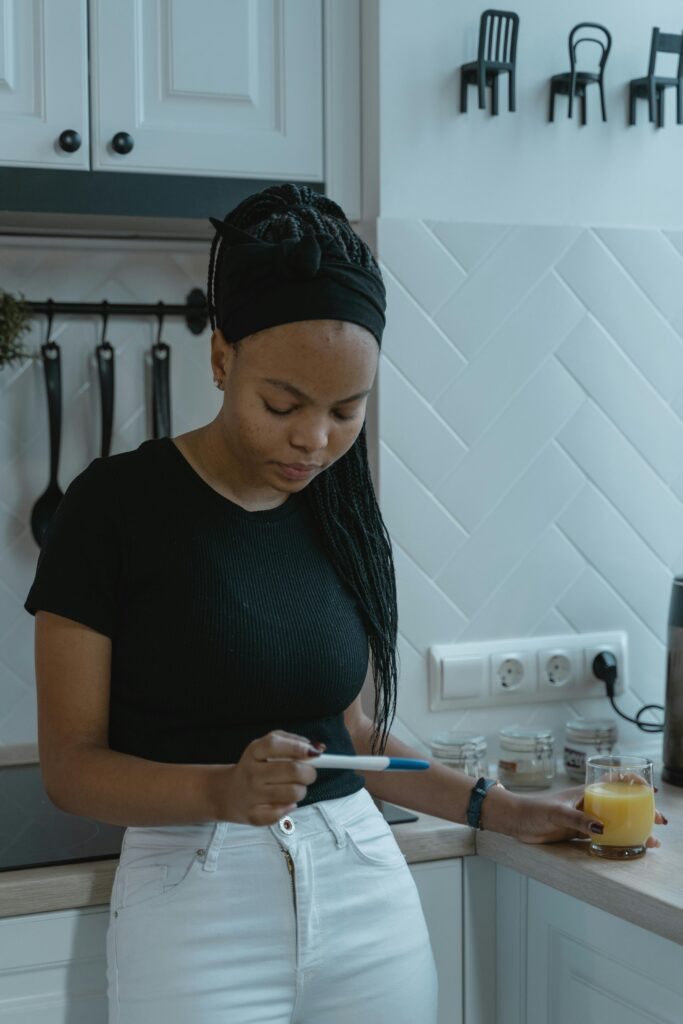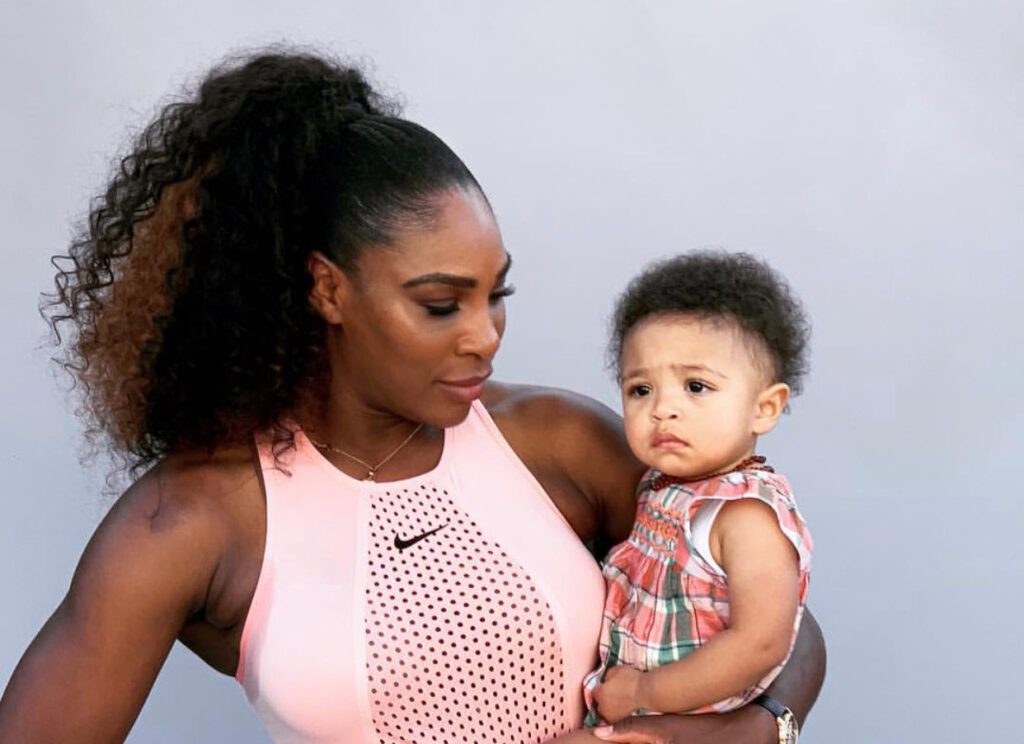Why Is the Black Maternal Mortality Rate So High?

Despite medical advancements, Black women in the United States continue to face an alarming reality. According to a study done by the CDC, Black women are 2.6 times more likely to suffer from maternal death than non-Hispanic white women. The maternal mortality rate for Black women also accounted for 69.9 deaths per 100,000 live births in 2021. Why is the Black maternal mortality rate so staggering, and what can we do to stop it?
Understanding Why
There are multiple facets of the cause for racial disparity in the maternal mortality rate in the United States. This risk is not just due to socio-economic factors, as a study done by the National Bureau of Economic Research found that the wealthiest Black woman in California still had a higher mortality rate than the poorest non-Hispanic white woman. So, what is causing the high Black maternal mortality rate?
Some of the most common reasons for the increase in deaths can be linked to health insurance coverage, access to care, social and economic factors, and discrimination.
There are also health conditions that disproportionately affect Black women, which contribute to the mortality rate in mothers.
Some common health conditions leading to the Black mortality rate:
- Chronic heart disease
- Hypertension
- Obesity
- Diabetes
The Rise of Doulas
The importance of prenatal care and education is becoming evident with proof that help from doulas and midwives greatly impacts the mortality rate in Black women. Black doulas only make up about 10% of doulas in the United States. The New York Times highlights a non-profit in St. Louis dedicated to closing this gap with their doula program.

Unfortunately, many Black women in the United States are aware of the issues with our medical field and, as a result, fear dying when going into a pregnancy or a birth plan. The doulas of this program speak up for the mothers they care for and provide them with attention and care they wouldn’t get with traditional care through insurance like Medicaid.
The White House on Black Maternal Health
The White House implemented a proclamation on Black maternal health week this year, declaring its commitment to ending the maternal health crisis, especially among the Black community.
More than half of postpartum maternal deaths occur up to one year after a mother gives birth. With most Medicaid coverage previously only covering six months after birth, the White House recently gave states the option to provide a full year of postpartum coverage to women on Medicaid.
Serena Williams Addresses the Black Maternal Mortality Rate

Champion in tennis, Serena Williams, recently spoke about the mortality rate among Black mothers after her own near-death experience while giving birth. Williams suffered a pulmonary embolism shortly after delivering her child via c-section.
After her experience, Serena Williams responded, “Because of what I went through, it would be really difficult if I didn’t have the healthcare that I have—and to imagine all the other women who do go through that without the same healthcare, without the same response, it’s upsetting.”
Williams attributes her level of care to her amazing doctor and her knowledge of her body, but as she points out, many Black women do not have the same experience. This is why it’s so important that healthcare providers listen to women’s needs, diversify their staff, and consider the health conditions that are unique to Black women.
Conclusion
At For Every Woman, we advocate for women’s healthcare to be accessible to all, regardless of race or ethnicity. We can work toward many solutions to make Black women a greater part of the conversation about maternal healthcare.
This involves amplifying the voices of Black mothers, advocating for policy reforms that address healthcare disparities, and investing in community-based initiatives that support maternal health and wellness. By highlighting the experiences and needs of Black mothers, we can work towards a future where every woman receives the quality care and support she deserves.
Check out our many partners that are supporting women of all colors in their pregnancy and beyond.

